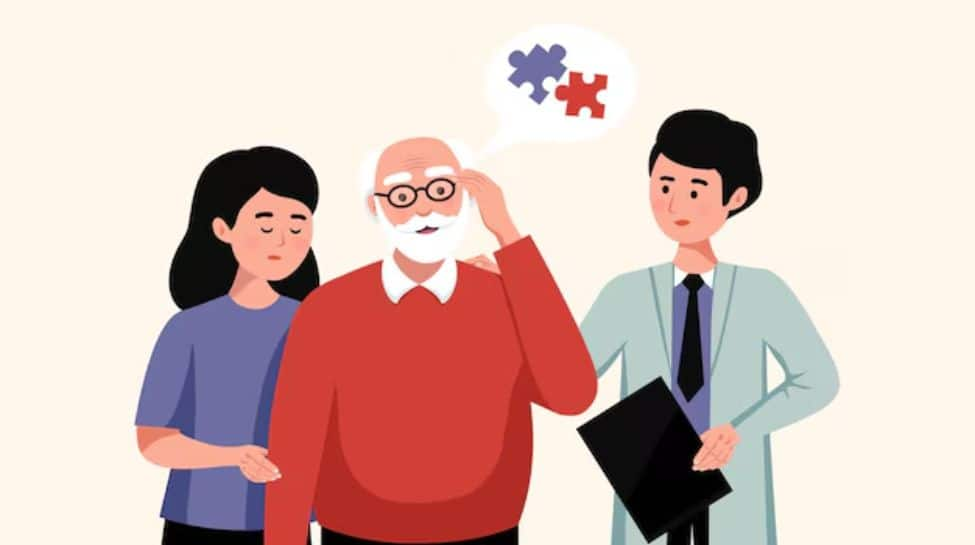Family offers immense support, and a sense of belonging and is the foundation of our lives. However, the true significance of family often becomes most apparent when facing unforeseen circumstances. In the case of dementia, which is a progressive neurological condition that erodes memories and cognitive abilities, the presence of a strong support network becomes even more crucial.
In today’s age, Dementia is seen as a significant public health challenge, affecting millions of individuals worldwide. It encompasses a range of symptoms associated with cognitive decline, memory loss, and behavioral changes in an individual. With an aging population, the prevalence of dementia is on the rise, and it is important to understand and address the complexities of this condition. However, any type of caregiving requires a comprehensive understanding and awareness of a disease like dementia shared by Dr. Manish Patni, MD, DNB Neurology, HCG Hospitals Bhavnagar.
Causes for Dementia:
Dementia is caused by various underlying conditions that damage brain cells.
• Alzheimer’s Disease: This is the most common cause of dementia, characterised by the abnormal buildup of protein fragments in the brain. These fragments include amyloid plaques and tau tangles, which disrupt brain cell function and communication.
• Vascular Dementia: It is caused by insufficient blood flow to the brain, often from strokes or vascular issues.
• Frontotemporal Dementia: This type of dementia is caused by the progressive degeneration of nerve cells in the frontal and temporal lobes of the brain, often leading to changes in personality, behavior, and language skills.
Management Strategies:
In the early stages of dementia, people experience changes in thinking, remembering, and reasoning in a way that affects daily life. Over time, people with this disease will need more assistance with simple, everyday tasks.
• Try to practice a consistent routine and perform activities at the same time each day
• Encourage a two-way conversation for as long as possible
• Consider different activities the person can do to stay active and match the activity with something they can do
• Prepare nutritious foods, that can help them be healthy and active for a longer duration
• Be gentle and respectful. Tell the person what you are going to do, step by step while you help them with daily activities
Why Awareness Matters for Caregivers:
• Understanding the Disease: Dementia encompasses various types, each with its progression and symptoms. By maintaining a detailed understanding of the differences, it becomes easier to identify the specific type of dementia one may be experiencing.
• Effective Communication: As dementia is a disease that progresses over time, communication becomes increasingly difficult for the affected person. Being aware of effective communication techniques that resonate with someone experiencing dementia will allow you to maintain a connection and avoid misunderstandings or misdiagnoses.
• Behaviour Management: Dementia can manifest in challenging behaviours such as wandering, sundowning (increased agitation in the evening), and repetitive questioning. Being aware of these behaviours and their potential triggers helps caregivers develop strategies for de-escalation and effective symptom management.
Journey with Dementia:
Dementia presents a complex journey for families, demanding a deep understanding of the disease. Family caregivers can navigate this journey with greater confidence and compassion by acquiring knowledge about dementia, honing communication skills, and prioritising both their loved one’s well-being and their own. By fostering a supportive environment and promoting awareness, we can significantly improve the quality of life for both individuals living with dementia and their caregivers.















































